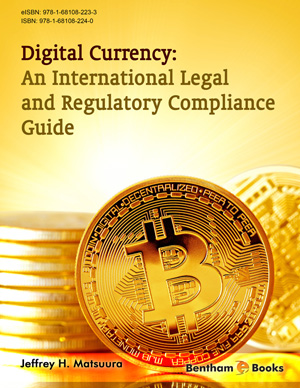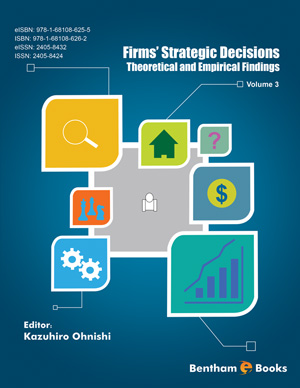Abstract
Green economics is trending across industries. Moreover, green economy
leadership contrasts the traditional management practices because more development
methodologies can be utilized to demonstrate an individual’s aptitude. Additionally,
there has been a critical move in cutting edge economies from attracting green
economics funders to how to better manage data analytics and development processes.
Globally, the awareness of green economics has grown exponentially. Innovation is
changing the idea of how people define sustainability. Centralized leadership,
information sharing, cooperation, and advancement are more prevalent than before.
Web-based applications have superseded automation. Achievement lies in having the
capacity to impart, offer, and utilize data analytics to mitigate complex issues; to adapt
to new requirements and evolving conditions; to marshal and extend the wave of
innovation, and to usher new management techniques. There are several methods and
processes for quality improvement in green economics, including Lean (elimination of
waste), Six Sigma (SS) (metrically defined), Lean Six Sigma (LSS), Total Quality
Management (TQM) (built-in quality), and Leadership. These methodologies are
examined in relation to how LSS is utilized to improve green economics in
manufacturing, automotive, healthcare, and higher education industries.
Keywords: Collaboration, Distributed leadership theory, Environmental sustainability, Green economics, Innovation, Internationalization, Lean Six Sigma, Plan-Do-Check-Act (PDCA), Root Cause Analysis (RCA), Total Quality Management (TQM).









.jpg)


